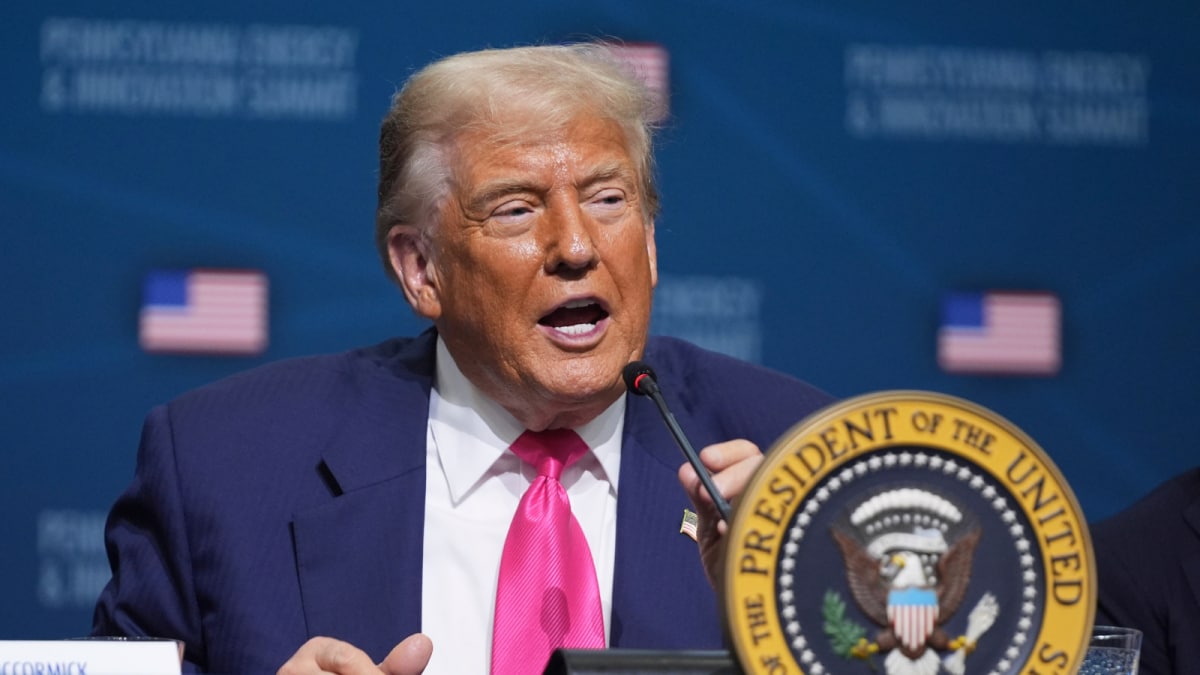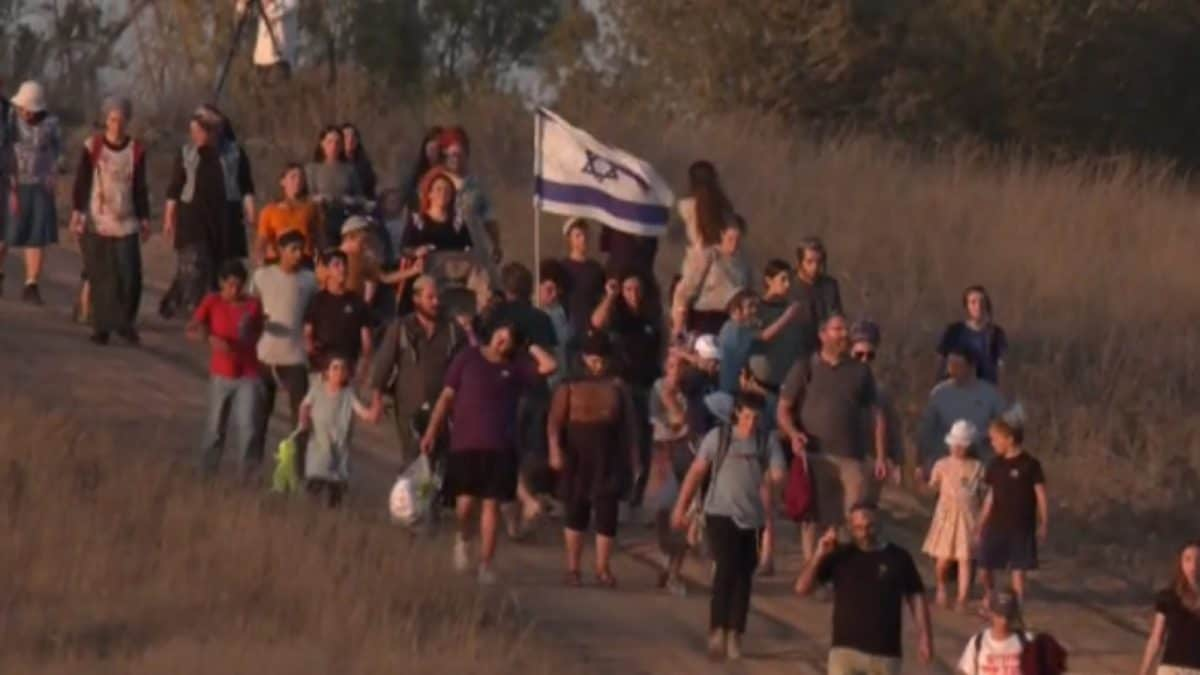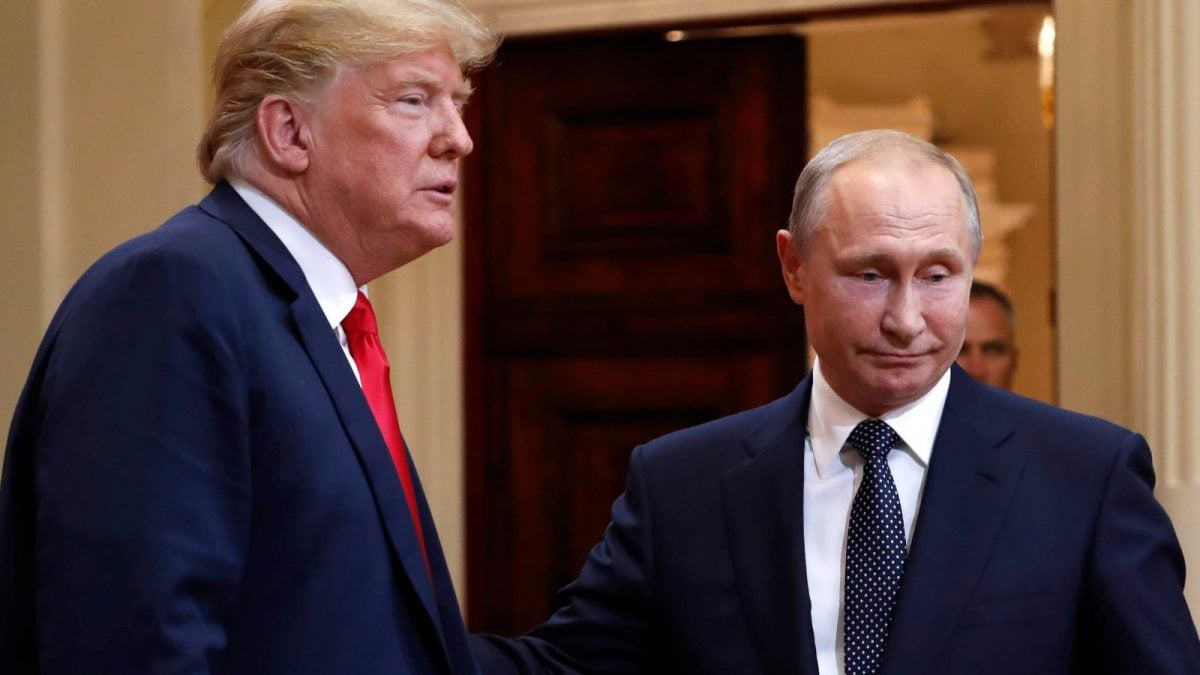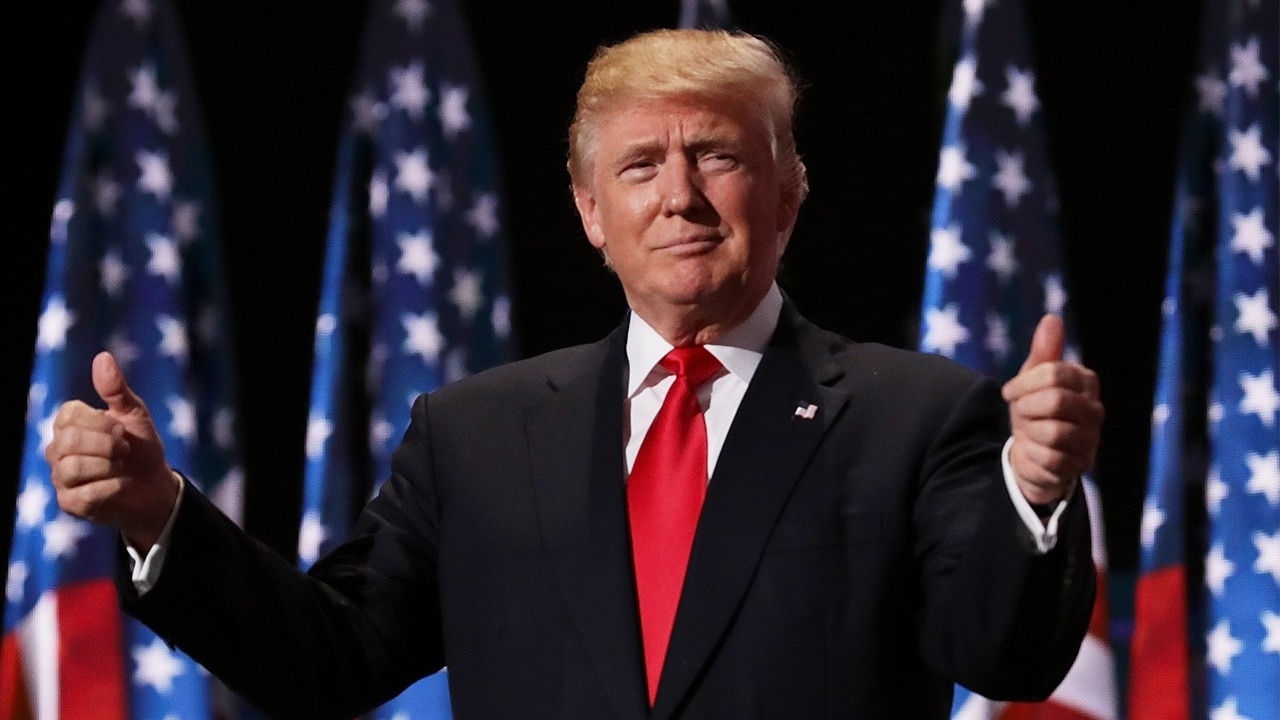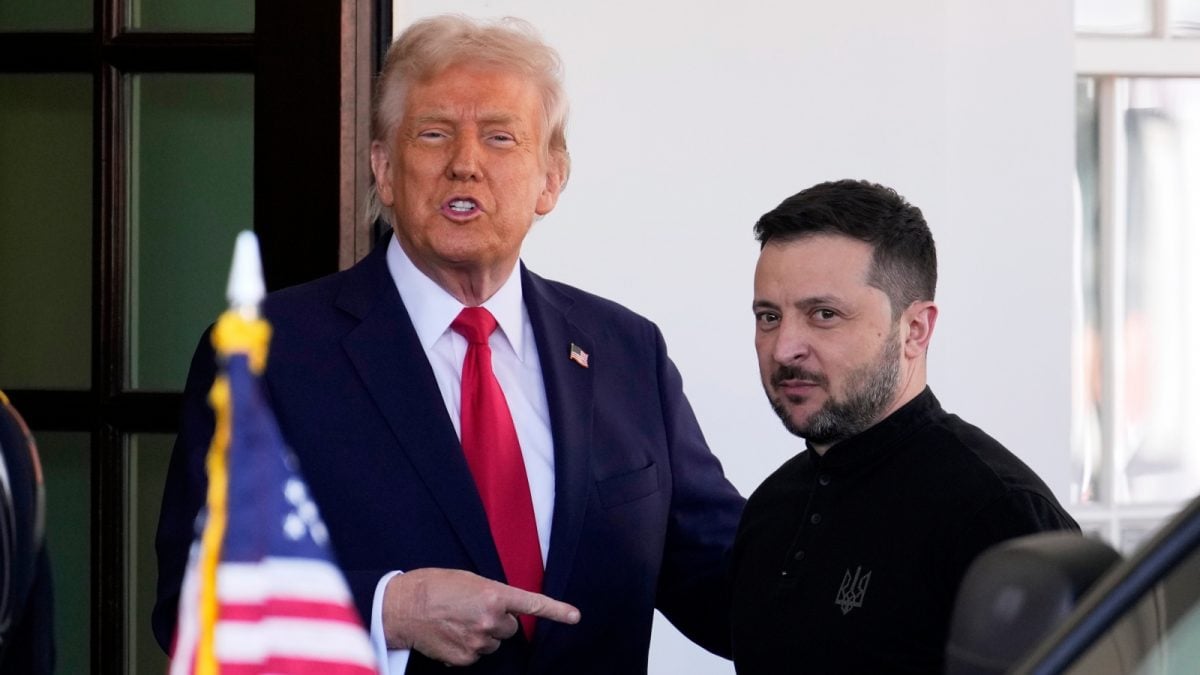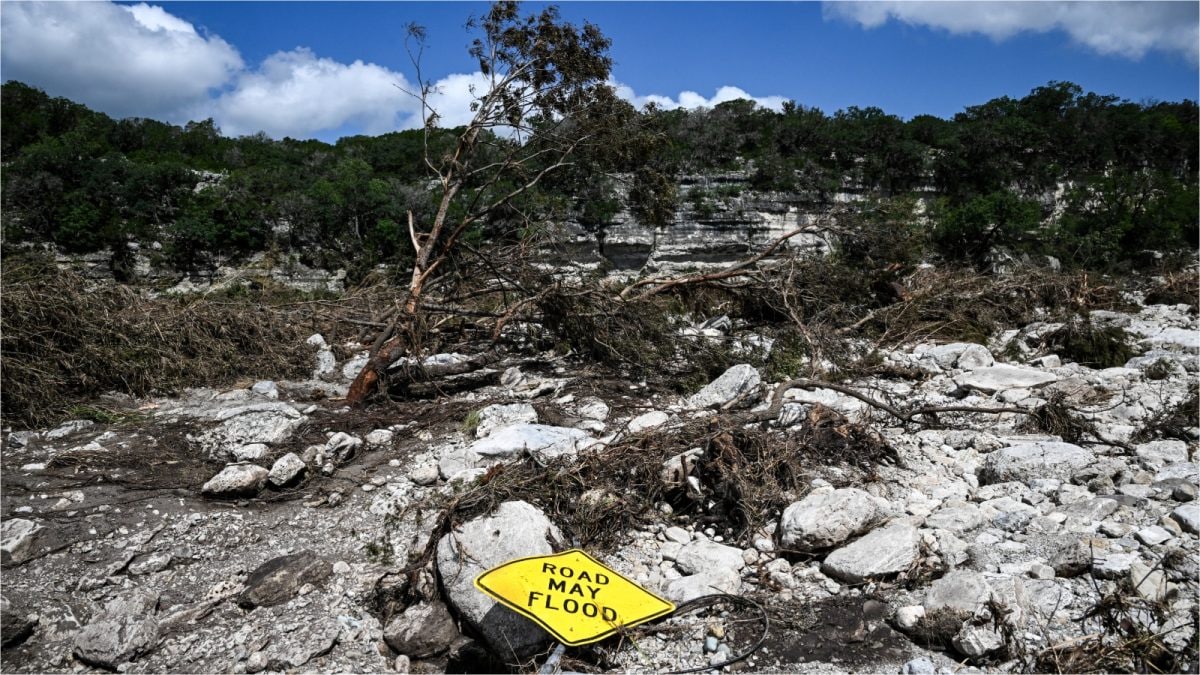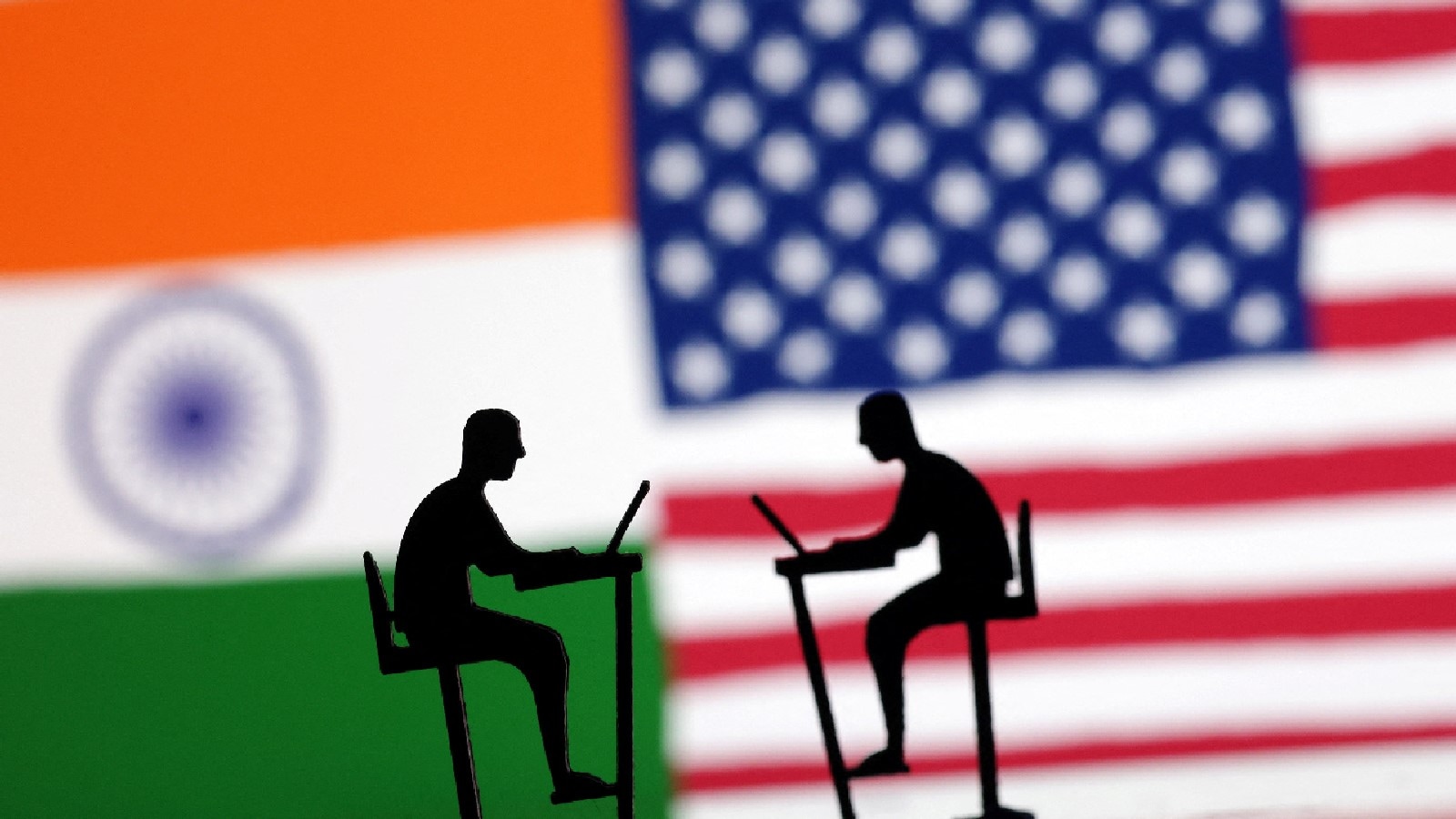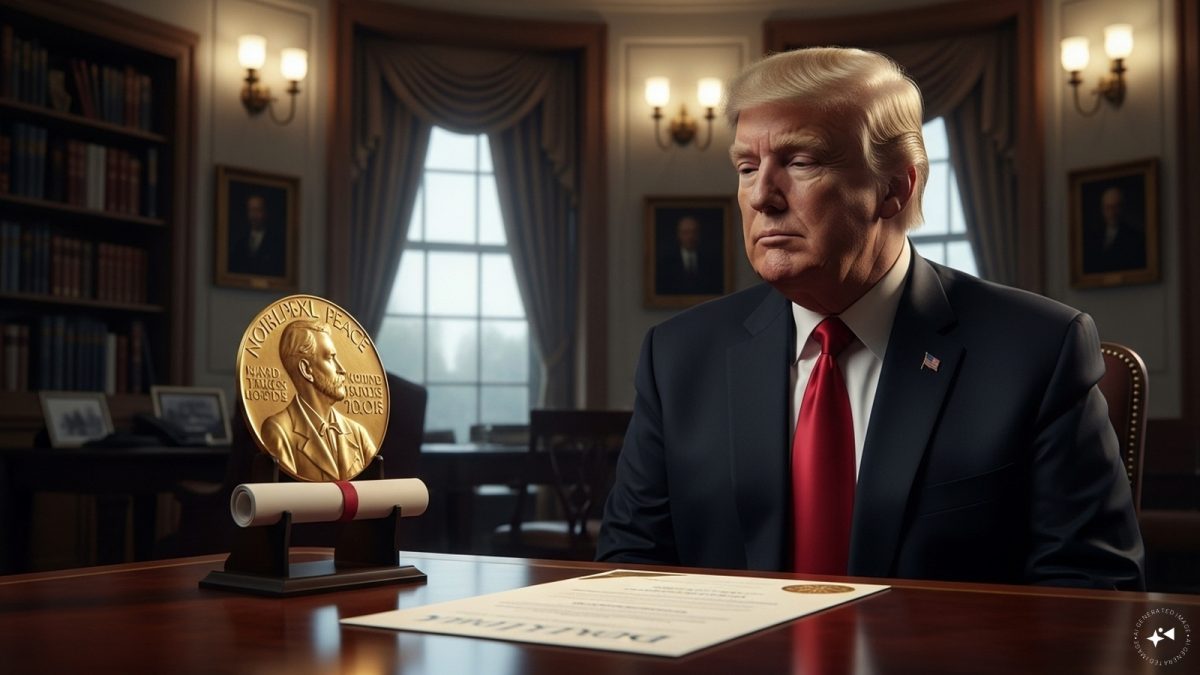Last Updated:June 05, 2025, 07:01 IST
Trump stated the decision was motivated by a recent incident in Colorado, where a Jewish protest was attacked with a makeshift flamethrower.

US President Donald Trump. (Image Credit: Reuters)
US President Donald Trump on Wednesday signed a new travel ban targeting 12 countries, including Afghanistan, Iran, and Yemen—reviving a contentious policy from his first term.
Trump stated the decision was motivated by a recent incident in Colorado, where a Jewish protest was attacked with a makeshift flamethrower. Authorities attributed the attack to a man allegedly residing in the country without legal documentation.
The new travel restrictions apply to nationals from 12 countries, including Afghanistan, Myanmar, Chad, the Republic of the Congo, Equatorial Guinea, Eritrea, Haiti, Iran, Libya, Somalia, Sudan, and Yemen.
In addition, a partial ban has been placed on travelers from seven other nations: Burundi, Cuba, Laos, Sierra Leone, Togo, Turkmenistan, and Venezuela.
According to the White House, both measures will take effect on Monday.
In a video message posted on X from the Oval Office, President Trump said, “The recent terror attack in Boulder, Colorado has underscored the extreme dangers posed to our country by the entry of foreign nationals who are not properly vetted."
‘We Don’t Want Them’
President Trump likened the newly issued travel restrictions to the “powerful" ban he enacted during his first term, which primarily targeted Muslim-majority nations and caused widespread global travel disruptions. He claimed that the 2017 measure had prevented attacks in the US similar to those experienced across Europe.
“We will not let what happened in Europe happen in America," Trump declared. “We cannot have open migration from any country where we cannot safely and reliably vet and screen. That is why today I am signing a new executive order placing travel restrictions on countries including Yemen, Somalia, Haiti, Libya, and numerous others."
Reacting to the announcement, Venezuela’s Interior Minister Diosdado Cabello cautioned citizens against traveling to the United States, stating, “Being in the United States is a great risk for anyone, not just for Venezuelans."
The new executive order may face significant legal challenges, echoing the judicial scrutiny that has often accompanied Trump’s more sweeping policy decisions since his return to office.
‘Dangerous Foreign Actors’
The White House released the details of the ban with minimal notice, just minutes after President Trump addressed roughly 3,000 political appointees from the balcony of the White House during a festive “summer soiree."
In a departure from tradition, Trump made the announcement without members of the press present—unlike many of his previous headline-grabbing proclamations, which were typically staged in front of journalists in the Oval Office.
Speculation about a renewed travel ban had intensified in the days following the Colorado attack. The Trump administration vowed to pursue individuals residing in the country on visas who are deemed security risks.
Authorities have accused Mohammed Sabry Soliman of launching a violent attack during a pro-Israel rally in Boulder, allegedly throwing incendiary devices and spraying burning gasoline on the crowd. Homeland Security officials said Soliman had overstayed a tourist visa and had applied for asylum in September 2022.
White House Deputy Press Secretary Abigail Jackson commented on X, stating, “President Trump is fulfilling his promise to protect Americans from dangerous foreign actors that want to come to our country and cause us harm. These commonsense restrictions are country-specific and include places that lack proper vetting, exhibit high visa overstay rates, or fail to share identity and threat information."
Security Rationale And Broader Implications
Trump’s proclamation outlines the rationale for targeting specific nations, citing the need to safeguard the United States from foreign terrorists and other national security threats.
For Afghanistan, Libya, Sudan, Somalia, and Yemen—countries marked by conflict and lacking centralized governance—the administration argued that insufficient passport and identity verification mechanisms made safe migration impossible. Yemen was singled out as an active zone of US military operations, given ongoing strikes against Iranian-backed Houthi militants.
Iran was included due to its classification as a “state sponsor of terrorism," despite ongoing US-led negotiations over its nuclear program.
Other nations were flagged for high visa overstay rates or for failing to cooperate on sharing security-related data.
Adding to the day’s sweeping restrictions, President Trump also announced a new ban on visas for incoming international students set to begin studies at Harvard University—a move widely seen as part of his broader campaign against liberal institutions.

Covering day-to-day national and international news for the last nine years across print and digital. Associated with News18.com as Chief Sub-Editor since 2022, covering innumerable big and small events, includ...Read More
Covering day-to-day national and international news for the last nine years across print and digital. Associated with News18.com as Chief Sub-Editor since 2022, covering innumerable big and small events, includ...
Read More
News world 'Protect Americans From Dangerous Foreign Actors': Trump Slaps New Travel Ban On 12 Countries

 1 month ago
1 month ago
